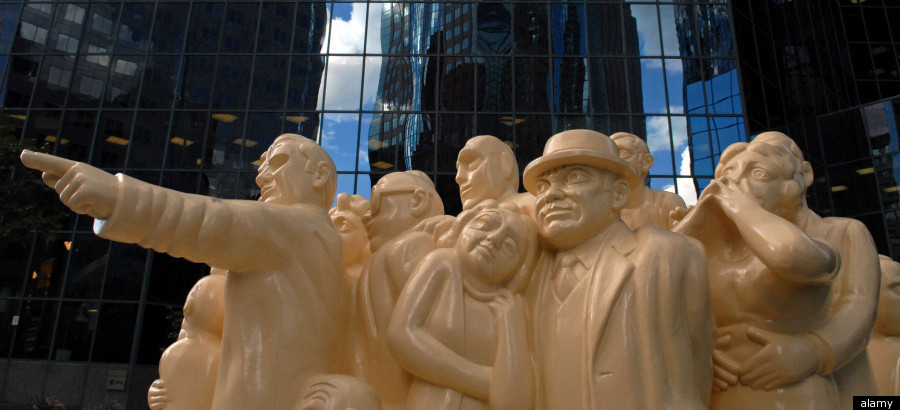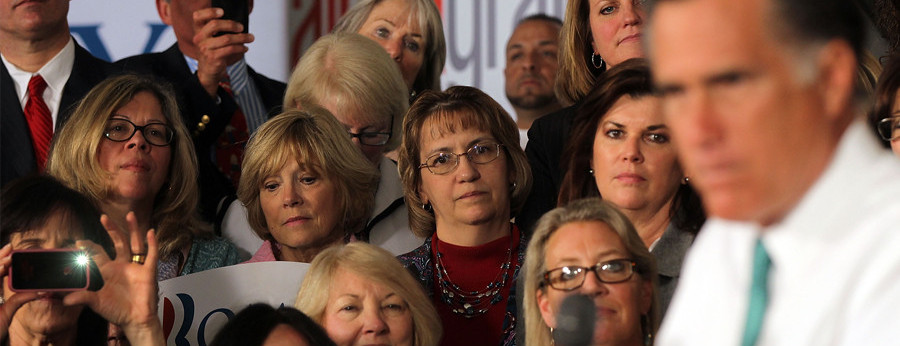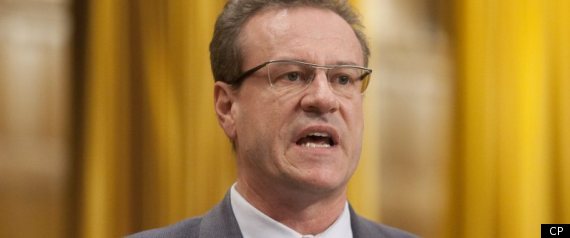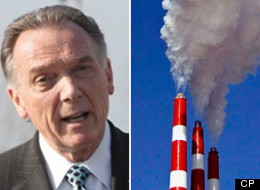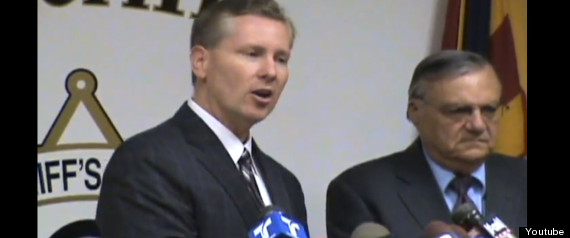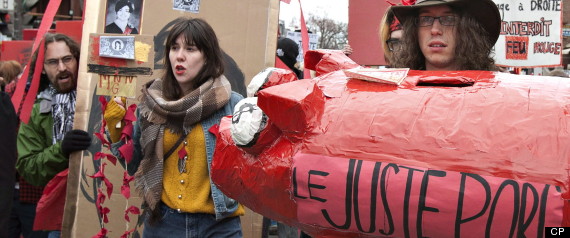It is now generally well recognized that Canadian household debt has
reached unsustainable levels. Mark Carney, Governor of the Bank of
Canada, has cited household debt as the most pressing domestic economic
issue.
Canadian households now have a ratio of over 150% household debt to disposable income, that wasn’t always the case. In fact, in 1990, the ratio was only 90% for households. It wasn’t until the 2000s that Canadian personal debt really ballooned, coinciding with the explosion in housing prices. Most of the debt that Canadians carry is mortgage debt, which is closely tied to the real estate market. A portion of the strong economic growth that Canada experienced during the 2000s can be attributed to consumer spending—Canadians took on more and more debt to fuel growth.
Canadian households now have a ratio of over 150% household debt to disposable income, that wasn’t always the case. In fact, in 1990, the ratio was only 90% for households. It wasn’t until the 2000s that Canadian personal debt really ballooned, coinciding with the explosion in housing prices. Most of the debt that Canadians carry is mortgage debt, which is closely tied to the real estate market. A portion of the strong economic growth that Canada experienced during the 2000s can be attributed to consumer spending—Canadians took on more and more debt to fuel growth.

